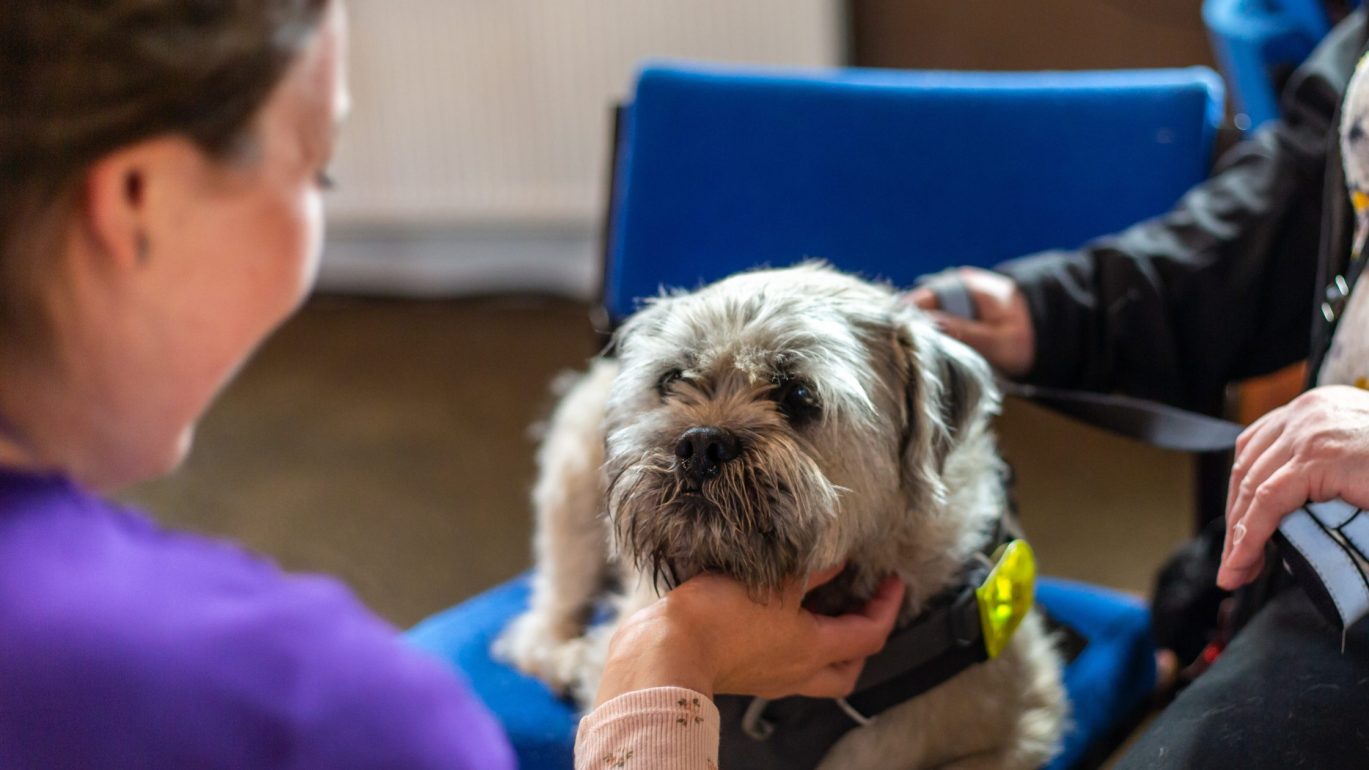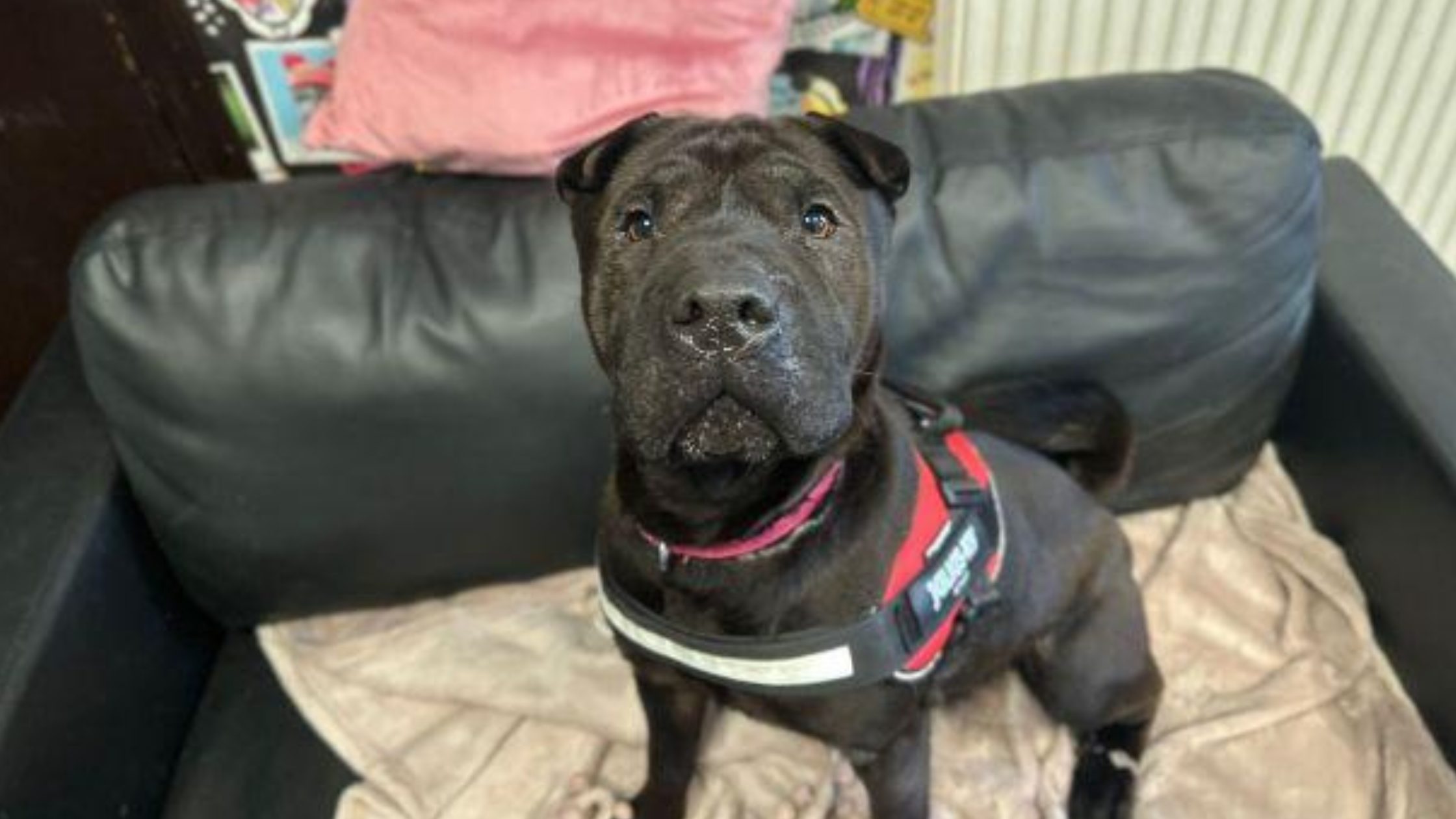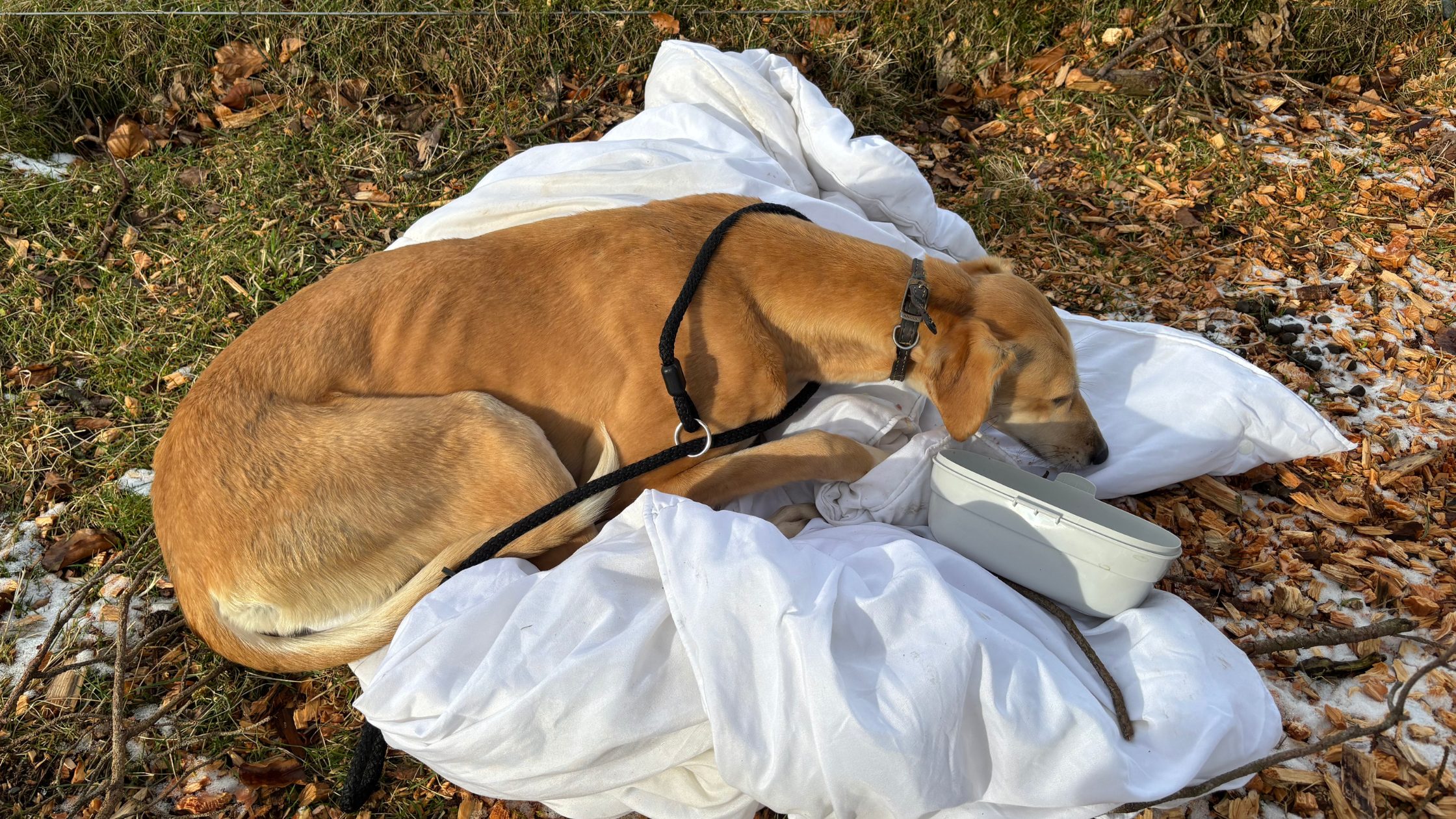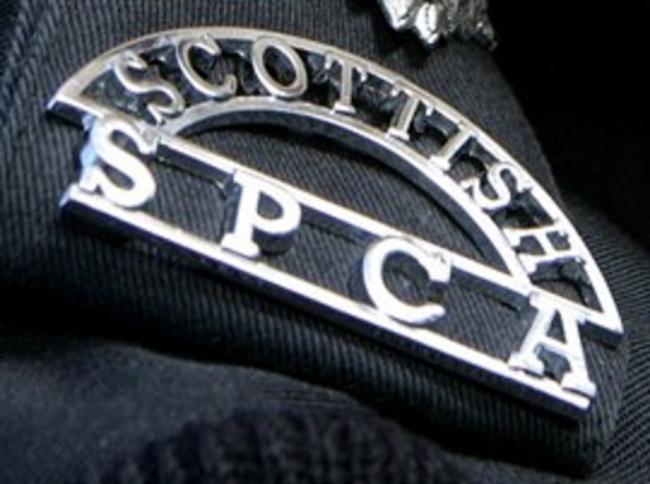The Scottish SPCA has published its 2025 Mid-Year Report, revealing a significant rise in demand for its services – and growing evidence that its Community First services are making a meaningful difference for animals and people across Scotland.
Between January and June, the Society saw:
- A 19.5% increase in calls to give up pets,
- A 62.5% rise in foster placements, and
- More than 44,000 meals provided through its Pet Aid programme, which helps owners feed and care for their animals during tough times.
Wild animal admissions also rose by 5.6%, with teams at the National Wildlife Centre working around the clock to rehabilitate and release foxes, seals, birds of prey and more.
New CEO Mark Bishop says:
“The scale of need we’re seeing is significant – but so is the impact we’re having. Behind every statistic is an animal, a person, a family. I’m proud to be part of a team working every day to protect animals, support communities and create lasting change. Animal welfare depends on everyone, and this report shows just how vital that collective effort is – and why prevention, partnership and early action must remain our focus.”
The report highlights key achievements across the Society’s three strategic pillars: Rescue, Protect, and Lead, including:
- Over 17,000 incidents attended by animal rescue officers.
- Partnerships with organisations like Erskine Veterans Charity to provide comfort and connection for older adults as well as valuable socialisation opportunities for the animals.
- Chairing the UK and Irish Pet Trade Taskforce to tackle the commercial trade of animals where welfare is compromised, ensuring legislation is in place and enforced to hold those who put profit over animal welfare to account.
- Nearly 2,000 animals have already been adopted this year, giving them a fresh start in loving homes.
To read our mid-year report for 2025, please click here.
We will publish our first Interim Impact Report in September, providing early detail on how we will evidence the true impact our services have on animal and human welfare and the environment we all share and call home.




